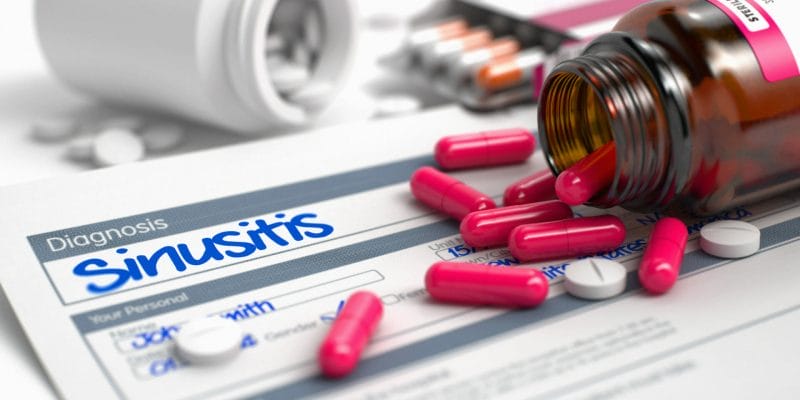First, what is sinusitis?
Sinusitis is defined as inflammation in the sinuses. It is one of the most common reasons people seek medical care in the United States, affecting about 12% of the population in any given year. Sinusitis has many causes. One common cause is infection, either viral or bacterial. Symptoms include discolored nasal drainage associated with nasal congestion (difficulty breathing through the nose) and/or facial pain or pressure. Patients may also experience fevers, decreased sense of smell, tooth pain, cough, and fatigue. Most sinus infections are due to viruses, but some are caused by bacteria.
When should I seek antibiotics?
Antibiotics only treat infections caused by bacteria. Since most sinus infections are caused by viruses, antibiotics usually are not needed. Most viral infections will resolve on their own over time. Over-the-counter medications aimed at providing symptomatic relief may be tried. Nasal sprays, such as fluticasone, may provide some relief as well.
Viral sinus infections can sometimes convert to bacterial infections. This is when antibiotics are useful. You may have a bacterial sinus infection if:
- You have not had any improvement in symptoms 10 days after symptom onset
- If within 10 days from symptom onset you have some partial improvement in symptoms followed by worsening of symptoms
- If at any time your symptoms are severe.
Why don’t we just treat every possible infection with antibiotics?
You may have asked yourself, “Okay, so antibiotics don’t treat viral infections, but why don’t we just treat every infection with antibiotics just in case the infection is bacterial?”
That is a great question with a few answers.
First, antibiotics usually have side effects. Most are mild, but some can be severe and even life-threatening. These side effects may range from nausea, diarrhea, or headache to something as severe as an allergic reaction, or anaphylaxis.
Second, antibiotics don’t just kill bad bacteria. They also kill some good bacteria that our bodies rely on for normal function, such as in our digestive system. Killing this good bacteria can allow bad disease-causing bacteria to gain a foothold in your body and cause an infection, which may require treatment with stronger antibiotics.
Lastly, bacteria can sometimes gain the ability to become resistant to an antibiotic, making the antibiotic ineffective. Overuse of antibiotics in the past has created competitive environments where “only the strong survive.” Unfortunately, these strong bacteria that survive are very resistant to antibiotics and can be very difficult to treat when they cause infection.
If you believe you have bacterial sinusitis, you should reach out to your physician for evaluation.

